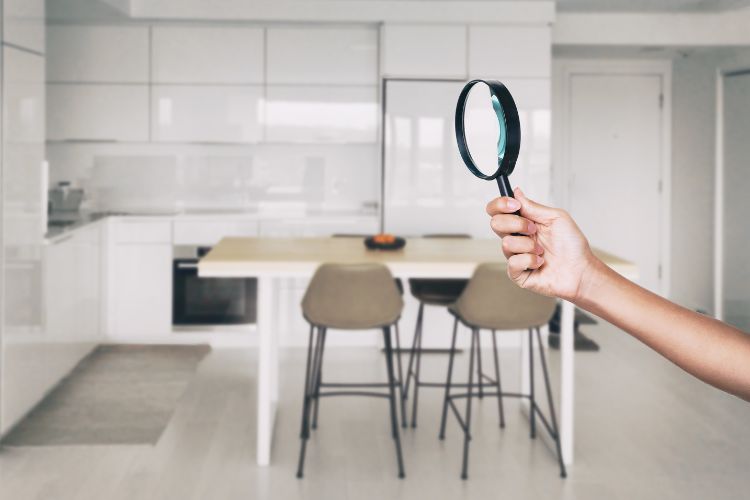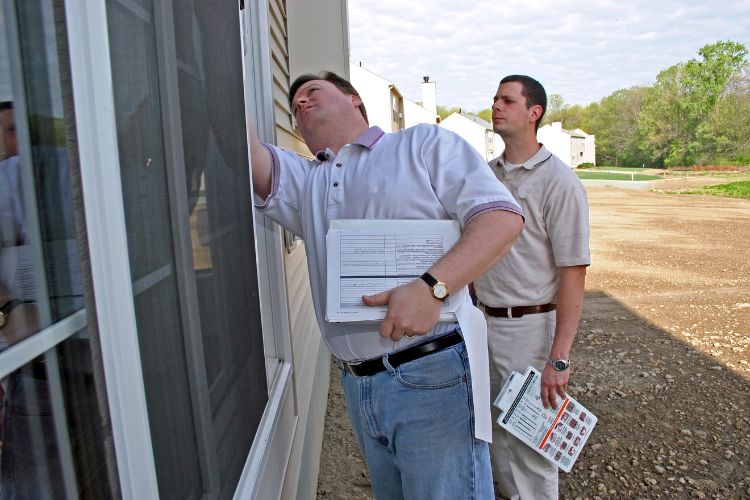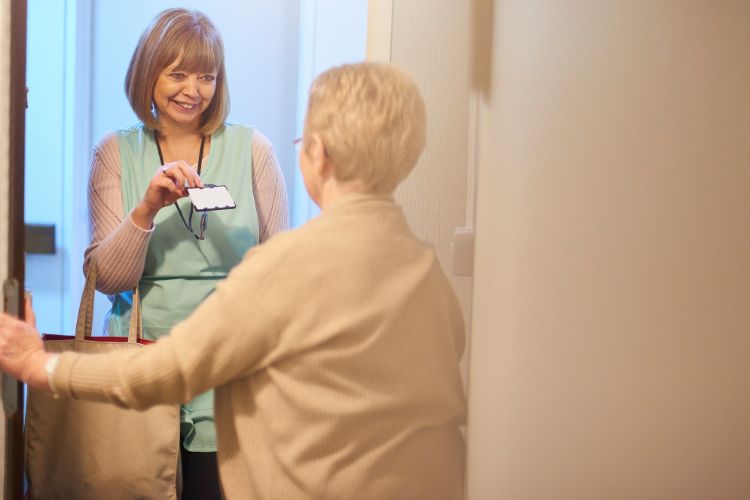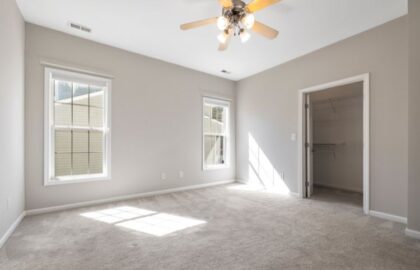
If you’re a landlord in Australia, you might be wondering about your rights when it comes to attending property inspections. After all, staying informed about the condition of your investment is crucial. So, can a landlord attend an inspection?
In this article, we’ll explore the specifics of landlord attendance at property inspections, detailing the rights, responsibilities, and benefits associated with actively participating in these crucial assessments.
Can a Landlord Attend an Inspection?

In Australia, landlords have the right to attend inspections of their rental properties. This is a reasonable expectation, considering that landlords are vested in maintaining the property’s condition and ensuring it’s well-cared for by tenants.
Most landlords leave this task to property managers, but there are compelling reasons for landlords to consider attending inspections themselves.
By participating in inspections, landlords actively contribute to the overall oversight of their property, promoting open communication and a collaborative approach to property management.
Such hands-on engagement not only strengthens the landlord-tenant relationship but also reinforces the shared responsibility for the property’s well-being.
How Long Should a Landlord Notify a Tenant Before an Inspection?
Landlords need to provide a reasonable notice period before attending an inspection.
This notice period can vary by state or territory, but generally, landlords are required to provide tenants with at least seven days’ notice before conducting routine inspections and 24 hours for repairs or other legal responsibilities.
Landlords may be permitted to enter the property without notice in emergencies. However, even in these situations, landlords are typically required to inform tenants as soon as possible about the entry and the reason for it.
In addition to these general guidelines, here are specific notice requirements that typically appear in a landlord’s rental inspection checklist:
| Reason | Notice Required |
| Building and pest inspection (up to 4 times in 12 months) | At least 7 days written notice each time |
| Necessary Repairs or Maintenance | At least 2 days notice each time |
| Health and Safety Obligations (e.g., inspecting pool fencing, electrical systems, and ventilation) | At least 2 days notice each time |
| Inspection or assessment of smoke alarm | At least 2 days notice |
| Repair or replacement of smoke alarm | At least 1-hour notice |
| Urgent Repairs (e.g., gas leak, burst water pipe, blocked toilet) | None |
| Emergency entry | None |
| Landlord/agent unable to contact tenant, with serious health or safety concern | None |
Why Property Owners Should Attend Inspections
Here are the benefits of landlords personally attending routine inspections instead of delegating the task to a property manager or relying solely on the tenant:
Firsthand Observation
Attending routine inspections gives you the chance to see it for yourself.
While property managers offer reports, being physically present allows you to notice details that might be missed.
This direct observation provides a nuanced understanding of your property’s current state.
Immediate Decision-Making
Picture this: you spot a maintenance issue during an inspection. Instead of waiting for a report, you can make decisions on the spot.
Being present allows you to act quickly, whether it’s scheduling repairs or clarifying details.
This on-the-spot decision-making can expedite the resolution process, minimising any inconvenience for your property.
Cost-Effective Assessment
Attending inspections allows you to assess the severity of issues firsthand. With this knowledge, you can prioritise repairs based on urgency and budget constraints. This hands-on approach can potentially save you from unnecessary expenses.
Time Efficiency
Time is precious, and so is the condition of your property.
Attending inspections allows you to complete the process more efficiently than external parties. Your familiarity with the property enables a quick assessment, saving time for both you and your tenants.
Efficiency in inspections means more time for strategic property management, including the timely adjustment of lease agreements to accommodate any necessary changes in occupancy.
Building a Relationship with Tenants
Beyond property management, there’s the human aspect. Regular interactions during inspections provide an excellent opportunity to build a positive relationship with your tenants.
Engaging with them on a personal level can make communication smoother, and it might encourage tenants to report issues promptly, fostering a cooperative living environment.
Demonstrating Investment and Commitment
Your property is not just an investment; it’s a commitment.
By personally attending inspections, you’re sending a powerful message to your tenants—that you are actively involved and deeply invested in the property’s well-being.
This sense of commitment can foster pride and security among your tenants.
Can a Renter Refuse Entry?
Renters in Australia have specific rights when it comes to refusing entry to their rented property. Some valid reasons for refusing entry include:

Non-Compliance with Designated Hours
A renter can refuse entry if the proposed visit falls outside the standard hours between 8 am and 6 pm.
Additionally, if the entry is scheduled on a public holiday, tenants have the right to decline unless there is an emergency that requires immediate attention.
Absence of Written Notice
If a renter has yet to be provided with written notice, they have the right to refuse entry. Written notice ensures that tenants are formally informed about the upcoming visit, including the purpose and proposed date and time.
Improper Notice Delivery
If a renter believes the notice was not provided to them correctly, such as not being informed far enough in advance, they can refuse entry.
This includes situations where the notice was not delivered per the legal requirements of the relevant jurisdiction.
Insufficient Notice for Repairs or Maintenance
A renter retains the right to refuse entry if they haven’t been given adequate notice for repairs or maintenance. This allows tenants the opportunity to plan for any disruptions and make necessary arrangements.
Excessive or Unreasonable Frequency
Renters have the right to refuse entry if there is a pattern of excessive or unreasonable inspection requests. This ensures that inspections are conducted for valid reasons and not overly frequently without cause.
Recent General Inspection
If a general inspection has been conducted in the last six months, renters can refuse entry for another inspection within that timeframe. This helps prevent excessive disruption and ensures that inspections are conducted reasonably and not too frequently.
Conclusion
In Australia, a landlord is well within their rights to attend an inspection of their rental property.
However, it’s crucial to adhere to the relevant laws and regulations governing the landlord-tenant relationship.
Providing proper notice, respecting designated hours, and balancing the need for inspection with tenant privacy are key factors in maintaining a positive landlord-tenant dynamic.







